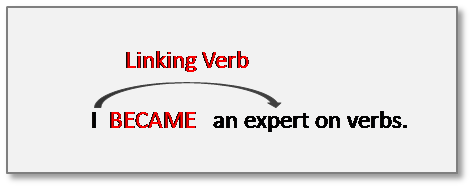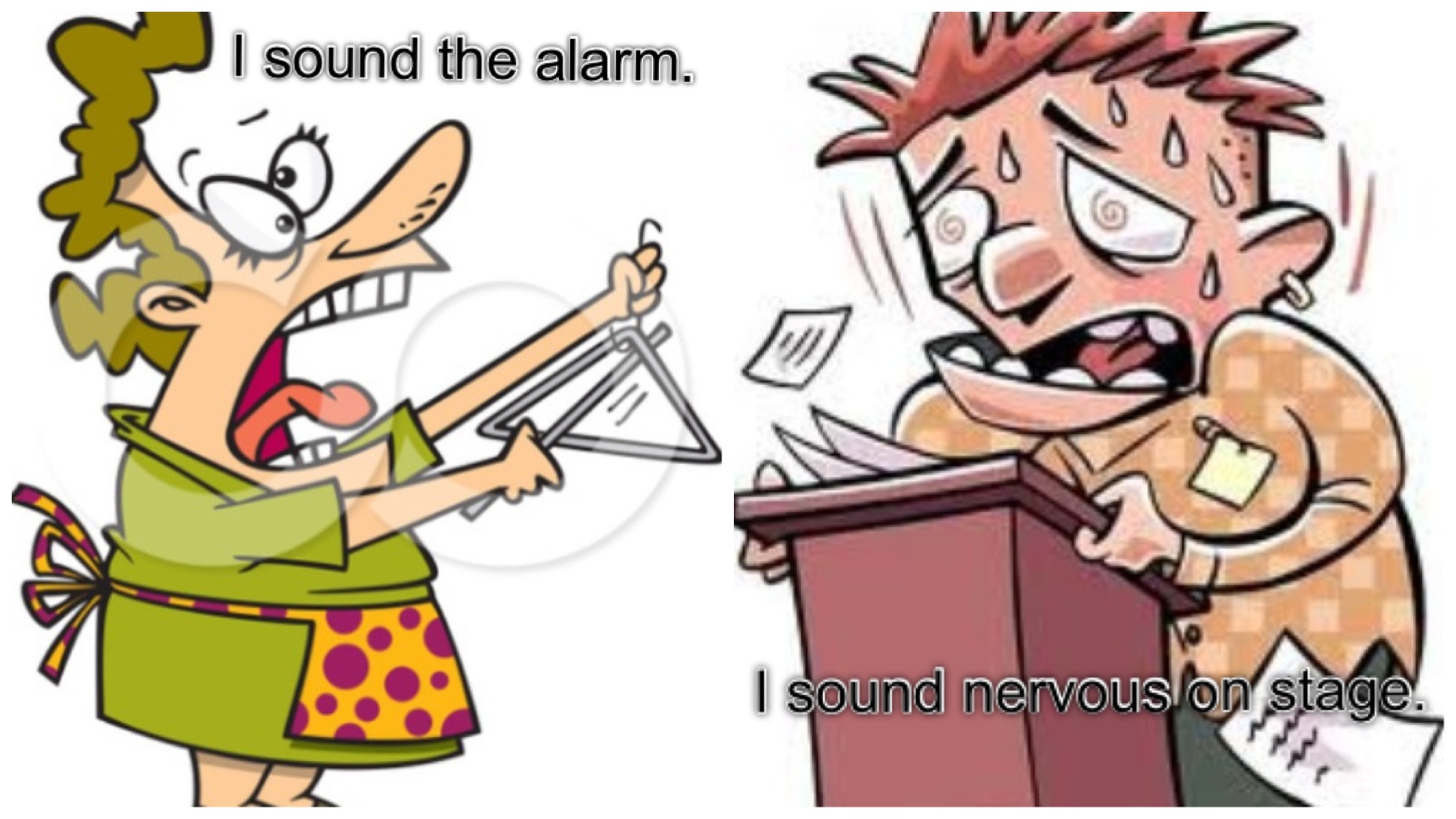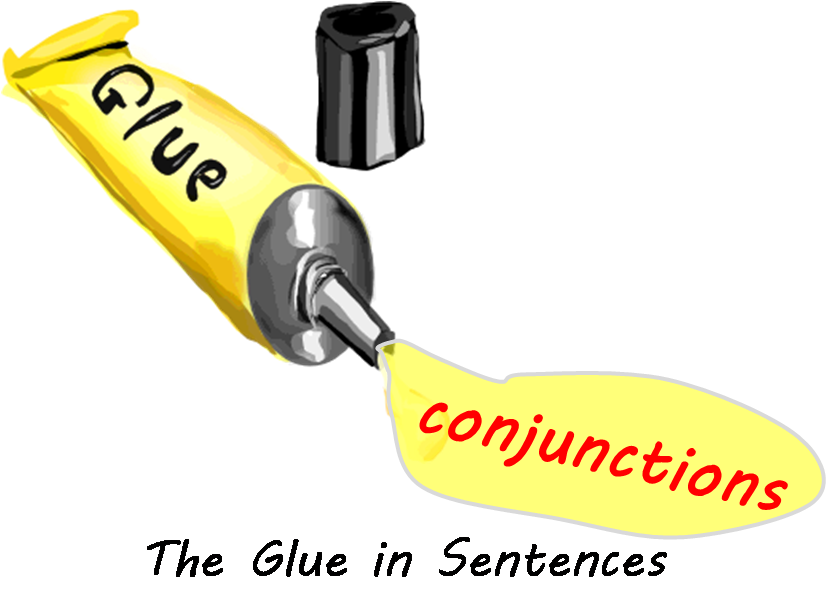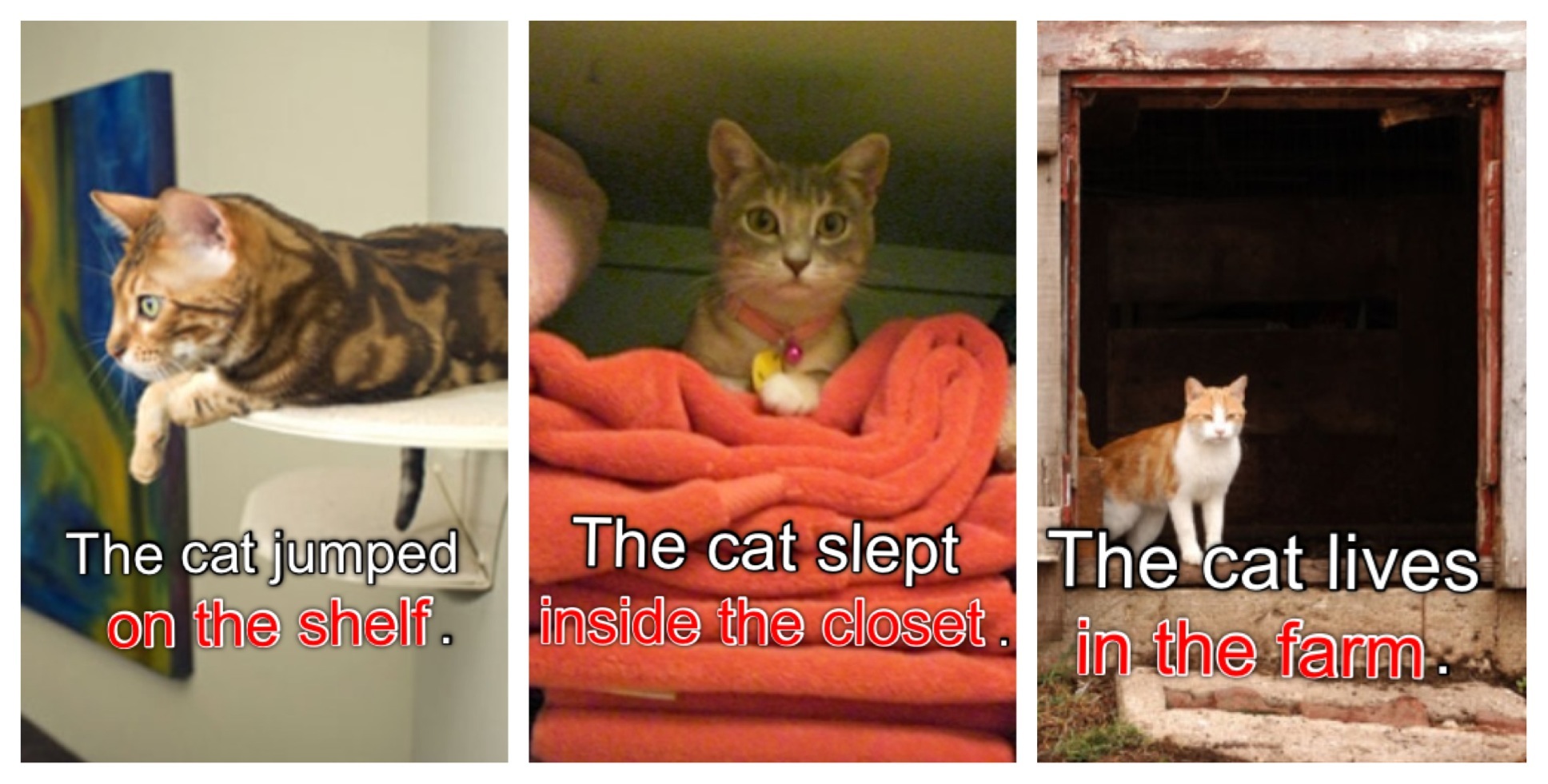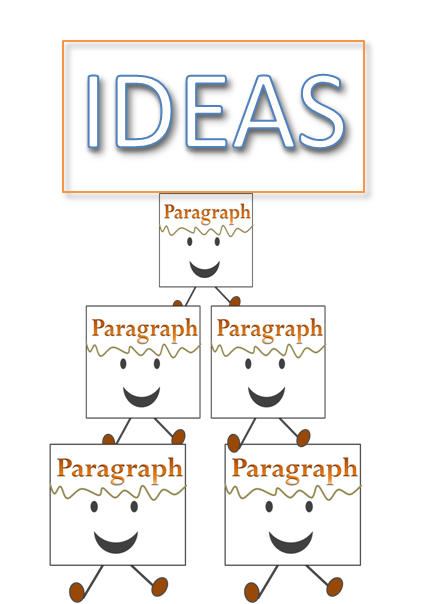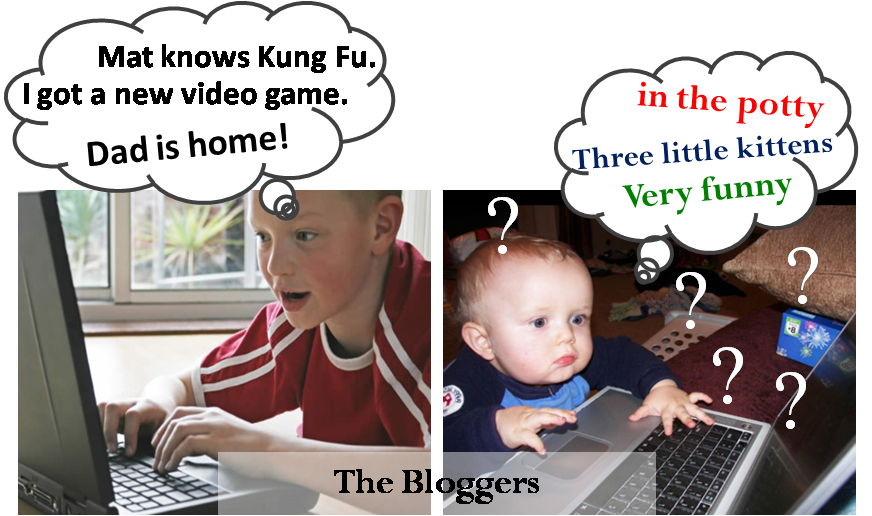What is a Verb?
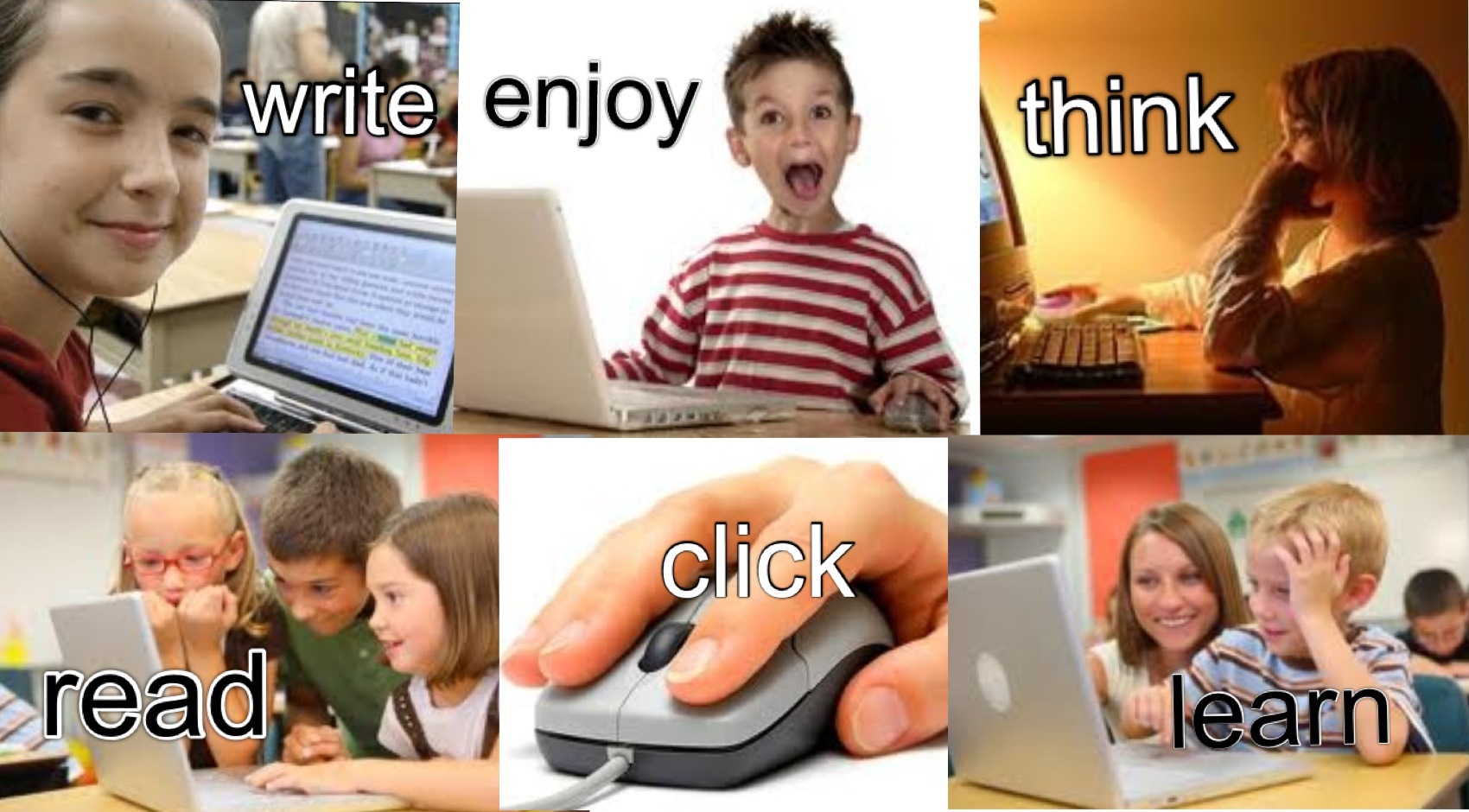
What is a Verb? Learning to Express Actions and Dispositions
There are many parts of speech that schoolchildren need to learn. Traditional grammar lists eight parts of speech and one of the most important parts is the verb.
Here are verbs that you are performing as you read this article.
What is a verb?
A verb is a word that performs an action or expresses a state of being. In a sentence, the verb often says something about the subject of the sentence. Hence, a verb is an important element that makes up the predicate of a sentence. To better understand this point, look at the examples below.
Tina LOVES spaghetti.
The kettle WHISTLES when it is hot.
“Loves” and “whistles” are the verbs, each of which indicates a certain action. In the first sentence Tina, the subject is performing the action in the verb “love”. While in the second sentence, the subject kettle is performing the verb “whistles”.
What are action verbs and linking verbs?
Keep on reading this article and you will surely perform all these actions.
I READ the article. I UNDERSTAND verbs.
The verbs “read” and “understand” express your actions, hence, they are called action verbs. There is another type of verbs called the linking verbs, which express states of being.
I AM knowledgeable about verbs. I BECAME an expert on verbs.
Here, the verb “am” is a form of the verb BE, which is the most common linking verb. In the next sentence, the verb “became” acts also as a linking verb, connecting the subject to the word usually found at the end of the sentence.
Linking verbs express states of being as opposed to performing actions. Here are other examples of the verb BE or linking verbs:
To further illustrate the difference between action verbs and linking verbs, here is another example:
I LIKE reading. I FEEL the smooth page with my fingers. (Action verbs)
I AM a student. I FEEL lucky. (Linking verbs)
The verb “feel” is used differently in both instances. In the first sentence line, the subject is doing the act of feeling the smooth page using the fingers. In the next line, the subject is in a state of feeling that can be described as lucky.
To make it easier for you to distinguish a linking verb, try to substitute the verb “feel” with a BE verb like “am”. Therefore the sentence, ‘I feel lucky’ can be understood as ‘I am Lucky’.
Here is another helpful example for you.
What are helping verbs?
Action verbs and linking verbs are classified as main verbs because they can stand on their own. This brings us to another type of verbs, the helping verbs. From what its name implies, these verbs help other verbs and cannot stand on their own. They are often used to help action or linking verbs, which is why they are not considered as main verbs.
I WILL LIKE reading. (Helping verb + action verb)
I WILL BE a good student. (Helping verb + linking verb)
What is a Verb Phrase?
The above samples “will like” and “will be” above are what are called verb phrases. A verb phrase is formed whenever a helping verb is used either with an action verb or linking verb. Here are a few examples following the basic formula of a helping verb plus a main verb.
I STUDY my lessons. (single/main verb)
I WILL STUDY English and Math. (verb phrase)
I HAVE STUDIED hard. (verb phrase)
What is a Verb Tense?
Verbs can express or perform actions that have happened, currently happening or will happen. A verb tense can be in the past, present and future. See the samples below to better understand this.
Tina ATE too much spaghetti and she GOT a tummy ache. (Past tense)
Tina ATE too much spaghetti and now she HAS a tummy ache. (Present tense)
Tina ATE too much spaghetti and soon she WILL GET a tummy ache. (Future Tense)
There are many fun things to learn about verbs. Knowing your verbs, verb phrases and verb tenses can help you express your thoughts better in writing but also VERBally. The learning begins with a question, ‘what is a verb?’, and pretty soon mastering your verbs will follow.
